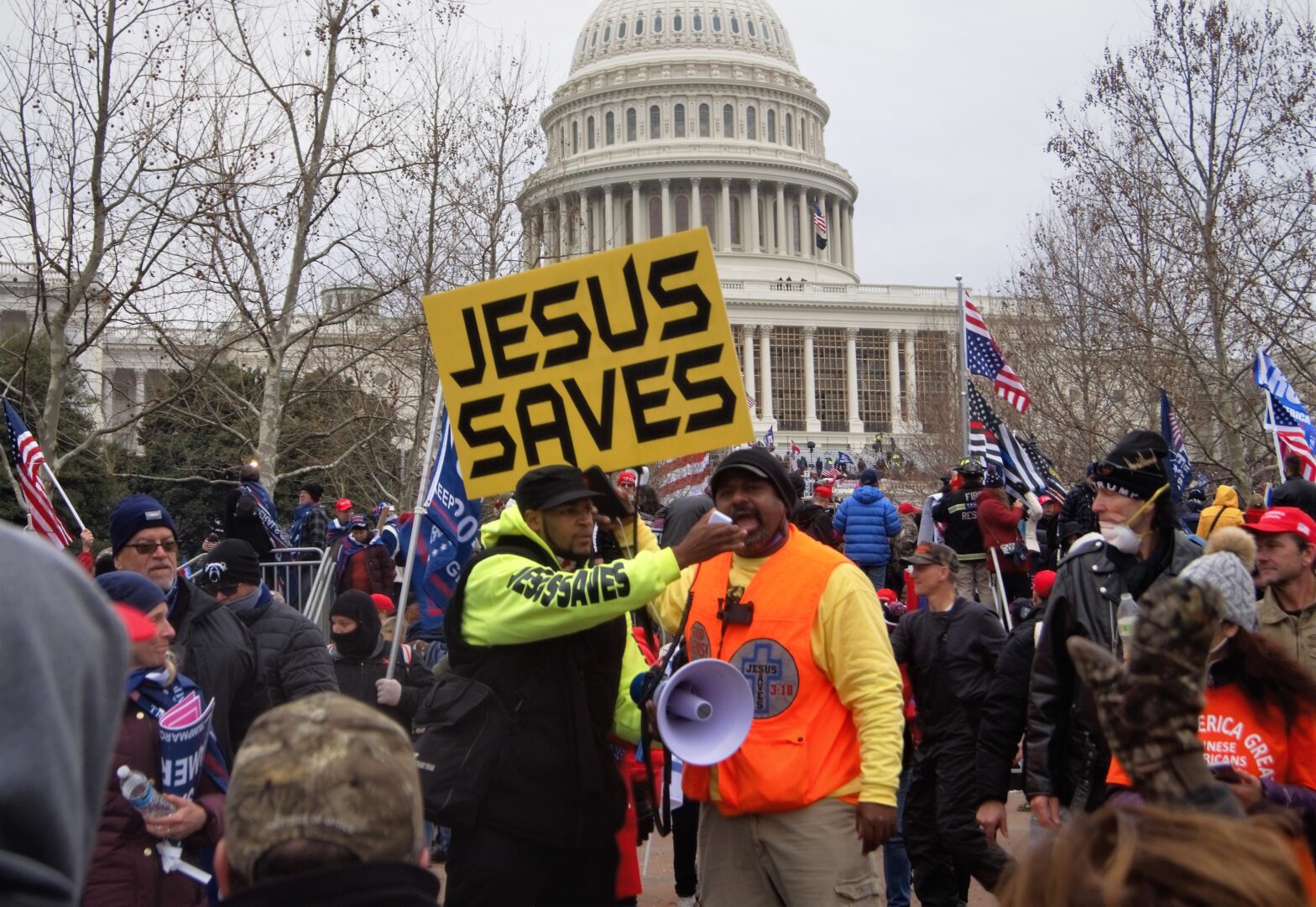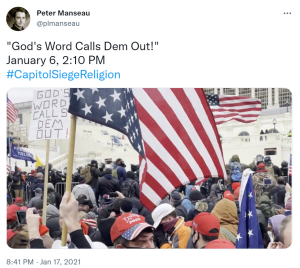
Last January 6th’s storming of the Capitol wasn’t the only Epiphany Insurrection. At the end of 1399, England’s King Richard II had lost the throne to King Henry IV. Richard’s supporters planned to attack Henry at a tournament on Epiphany, 1400. They would kill Henry, and restore Richard to the throne. Forewarned, Henry didn’t show.
The aftermath was quite different from 2021’s insurrection. The conspirators were all caught, some by local citizens, and quickly beheaded or killed in some other way. King Henry also realized that former King Richard was a problem, and in just over a month, Richard was dead as well. So far President Biden has restrained himself from that part.
Maybe history would have provided perspective to those storming the Capitol as we watched in horror. Social media has replaced town criers, but surely the messages would have been similar.
This holy day, Epiphany, is the final feast of Christmas, one of the most meaningful days of the Catholic calendar. Epiphany is a day of celebration for Christians — the day that salvation manifested. It’s a day of humility, as kings bowed down to an infant, born in a manger. How much lower can you go, than to be born in a place that is even less than a shack? With barely cover for their heads, the Holy Family laid in the same straw animals fed and pissed on.
Yet kings came to the baby Jesus, to renounce their former beliefs, and turned their backs on their gods of old.
Here Epiphany and insurrection diverge. The people who came to the Stop the Steal insurrection were rejecting Epiphany. They adamantly worshipped one god, Donald Trump. They came to support this god, without humility. Some thought they were bringing salvation, and were going to restore Trump to his rightful position.
Trump’s spiritual advisor, Pastor Paula White, led his Save America Rally with a prayer for strength and boldness for the next hours. She is, according to the CBC, a believer of the Seven Mountain Mandate (7M), which among other things, believes in Christians amassing and consolidating power, to spread morality from the top down. It serves, depending on your point of view, as a rationalization for the modern evangelical determined quest for power at all cost, or a pathway to better serving the Lord.
The modern January 6th insurrection was very much connected to Christian faith, though the chosen date was secular, driven by Congress’s vote certification. Insurrectionists hung a JESUS 2020 banner on the Capitol wall. Christian flags, some conflating Trump and God, were carried into the building. A cross was erected (as was a hangman’s noose) outside. White evangelicals overwhelmingly voted for Trump in 2020, according to Pew Research, 78% to 17%. Trump surrounded himself with pastors, notably using the Bible as a prop for a photo op in 2020.
Yet Americans have become less connected to religious institutions. Though multitudes of rightwing religious leaders support Trump and the Stop the Steal campaign, Americans are also straying away from traditional churces. For the first time since they started polling in the 1930s, Gallup reported that less than half (47%) of Americans belong to a church.
Fueling much of the Stop the Steal movement is Christian Nationalism, a movement that declares the United States is a Christian nation. Trump certainly energized Christian Nationalism (“very fine people, on both sides”, anyone?). Christian Nationalism fuses together White Nationalism, evangelical values, anti-Semitism, and conservatism.
These two interesting religious threads — a mandate to gain political power, and believers’ increasing independence from religious institutions — feed into the Christian Nationalist movement. That movement created a lot of the energy behind the insurrection, events surrounding it, and the modern right wing Republican Party. Combine the Seven Mountains Mandate of seeking power to create a Christian morality led nation, with individuals unmoored from institutional constraints, and you have an active, motivated, untethered force.
The Washington Post researched the links between Christian Nationalism, Qanon adherents, and anti-Semitism. The so-called Qanon Shaman, Jacob Chansley, talked about bringing God back to the Capitol. Does it make sense that people believing in God are more likely to believe conspiracies?
According to one study, frequency of church attendance can predict favorability of conspiracies like Qanon and microchips in COVID vaccines, amongst others.
The 2021 Epiphany insurrection, much like the one 600 something years earlier, was an attempt to seize back power by the loser. There aren’t really lessons to learn from the first to apply to the second. People want to amass power and don’t want to lose it. King Henry IV’s reign was beset by insurrections and skirmishes, though he maintained control. Likely Biden’s term will be rocky as well, but hopefully much less bloody.


